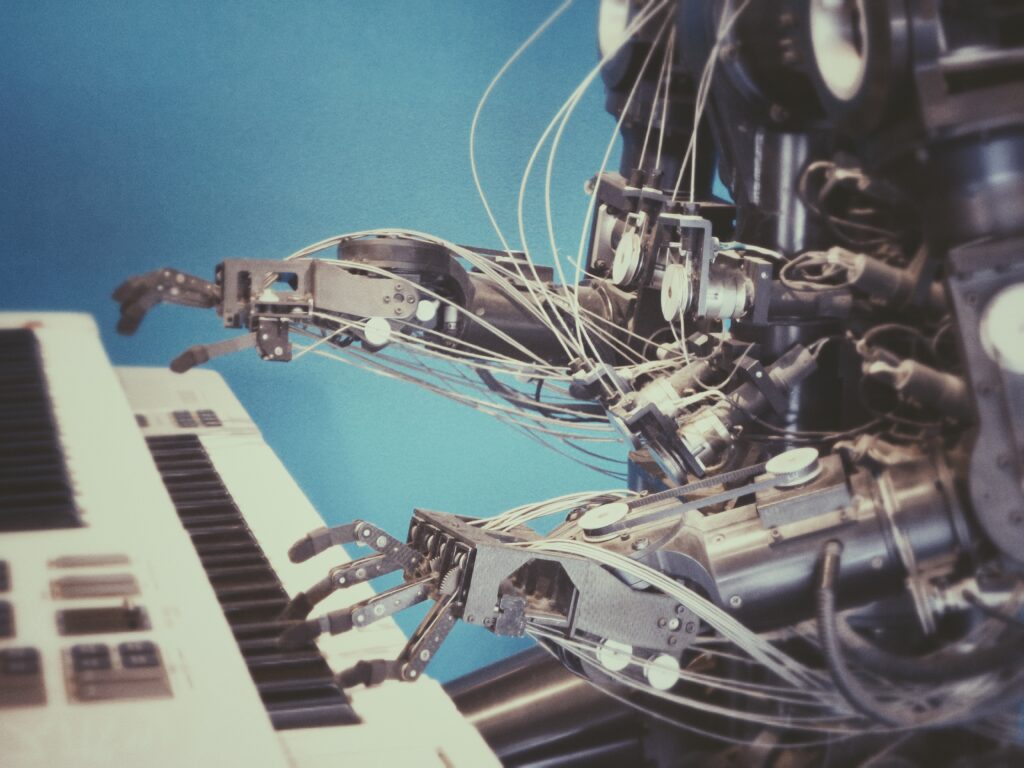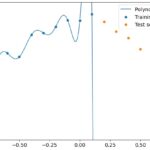
Since our appearance in the world, we have always made tools in order to simplify our life and get value from our intelligence and capabilities. We have discovered fire, then invented ways and tools to control it. We have invented the wheel and, through the centuries, we have reached the computer and Internet inventions. These are all tools made to create a better life.
Now we are facing this new character in the stage of evolution, that is Artificial Intelligence. Where do we have to put this card in the puzzle of human history?
Is AI a tool?
Many can say that yes, AI is a theoretical tool made much more real by those nerds at Google, but the reality is the opposite: Artificial Intelligence is not a tool at all. It’s more like a synthetic partner in our lives. It’s something able to use cognitive capabilities in order to perform certain tasks faster than we can. So it’s not a tool; it’s an artificial extension of our brain.
Basically, we have already surrogated part of our intelligence to the machine. Let’s think about memory. Every one of us has the need to keep many things in mind and our modern world gives us plenty of signals to memorize. How many of you use an app to keep track of events, tasks or notes? That’s the point. We are bypassing a feature of our brain (memory) and delegate a machine to help us.
Actually, note keeping is not strongly connected to AI (yet), but the example is clear: the further we dive in the future, the higher the need to be machine-dependent.
So why isn’t AI a tool? Because it learns. Tools are made to do a specific set of limited operations. AI is made to take decisions according to some data to learn from and this is not an operation, but a real way of thinking. Therefore, AI can’t be considered a real tool, because it evolves as long as time passes and learns continuously how to work better. No tool in human history has ever been able to do this. Even Turing machine or finite-state machines aren’t this advanced in cognitive capabilities. In this way, AI can’t be considered a tool.
A cultural revolution
So I can safely say that we are living in a new industrial revolution in which humans start to build machines that not only work for them, but that think for them. We are reaching very valuable results in image recognition, for example, and it’s only the starting point. There are health applications of machine learning that can improve life quality, for example. That’s why AI is not a technological revolution, but a cultural one. We must face the fact that mankind and the machines will become more and more melted together and that this doesn’t have anything to do with technology.
What is going to happen in the near future is the birth of a different way of thinking and that’s a very huge boost for progress and creativity. In fact, if a robot can think about something instead of us, we have more time to think about other more important things like art, science, culture, and society.
Think about that guy in the police districts that many years ago had to check fingerprints manually one by one during an investigation. His job can now be done by artificial intelligence in minutes. So, has this guy lost his job? No, he has gained time for other things to think about. That’s the great, cultural revolution of AI that is going to happen. We’ll be more and more free from less important things, so we’ll be able to focus on the really important stuff. And, again, it has nothing to do with technology.
Where is AI taking us?
The more we are free from activities, the higher the speed at which artificial intelligence can improve because we have much more time to study it. It’s an exponential growth of knowledge and progress and, once started, it will not stop easily. Simplifying, AI can be a boost in human progress because will give us more time to think. No need to remember the grocery list; an AI will predict what we’ll need to eat instead of us. No need to remember to take medicines; an AI will forecast our symptoms or lead us to a lifestyle that will prevent diseases.
So what we’ll do in the spare time AI will give us? Maybe we are at the brink of an era in which humans will be able to unleash their complete potential and we’ll finally start to take care of our planet’s health (if it won’t be too late) and, more important, take care of ourselves.
Maybe I’m too drastic but I think that AI, with its role of boosting human capabilities, can actually be the key for salvation from self-extinction.
And, for the last time, this has nothing to share with technology.
Originally published on Data Science Reporter.



